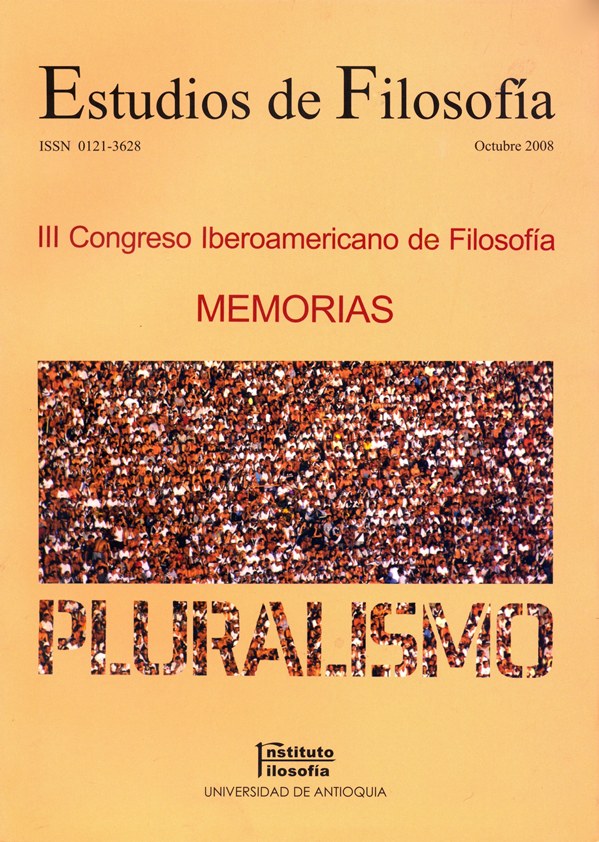On legal pluralism. On the right of Latin American indigenous peoples
DOI:
https://doi.org/10.17533/udea.ef.12878Keywords:
legal pluralism, Latin America, plural state, citizenshipAbstract
In what follows I am going to deal almost exclusively with classical pluralism with regard to a very specific problem: how to solve the situation that originated when the European invasion and the subsequent conquest left us as one of its consequences the anomalous coexistence in the same territory of two rights: the official, written and come from Europe, and indigenous rights, which were oral and autochthonous? We will see that at first it was simply chosen to deny indigenous rights in the name of the tax: with more caution in the colonial era and more radically in independence and during the republican era (I). How in a second moment the project of assimilating indigenous peoples and their right into a homogeneous nation-state arose (II). Subsequently, it has been proposed to recognize the right of Latin American indigenous peoples in a plural state (III). We will then examine what the rights of Latin American indigenous peoples may consist of and some of the difficulties they entail (IV). Next, we will recount the Colombian experience to articulate official law and indigenous rights in a plural state (V). [Fragment]
Downloads
Downloads
Published
How to Cite
Issue
Section
Categories
License
Copyright (c) 2008 David Sobrevilla

This work is licensed under a Creative Commons Attribution-NonCommercial-ShareAlike 4.0 International License.
Authors who publish with this journal agree to the following terms:
1. The Author retains copyright in the Work, where the term "Work" shall include all digital objects that may result in subsequent electronic publication or distribution.
2. Upon acceptance of the Work, the author shall grant to the Publisher the right of first publication of the Work.
3. The Author shall grant to the Publisher a nonexclusive perpetual right and license to publish, archive, and make accessible the Work in whole or in part in all forms of media now or hereafter known under a Creative Commons Attribution-NoCommercia-ShareAlike (CC BY-NC-SA 4.0), or its equivalent, which, for the avoidance of doubt, allows others to copy, distribute, and transmit the Work under the following conditions: (a) Attribution: Other users must attribute the Work in the manner specified by the author as indicated on the journal Web site;(b) Noncommercial: Other users (including Publisher) may not use this Work for commercial purposes;
4. The Author is able to enter into separate, additional contractual arrangements for the nonexclusive distribution of the journal's published version of the Work (e.g., post it to an institutional repository or publish it in a book), as long as there is provided in the document an acknowledgement of its initial publication in this journal;
5. Authors are permitted, and Estudios de Filosofía promotes, to post online the preprint manuscript of the Work in institutional repositories or on their Websites prior to and during the submission process, as it can lead to productive exchanges, as well as earlier and greater citation of published work (see The Effect of Open Access). Any such posting made before acceptance and publication of the Work is expected be updated upon publication to include a reference to the Estudios de Filosofía's assigned URL to the Article and its final published version in Estudios de Filosofía.















